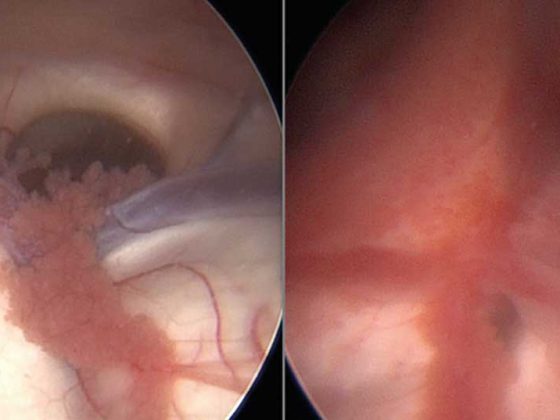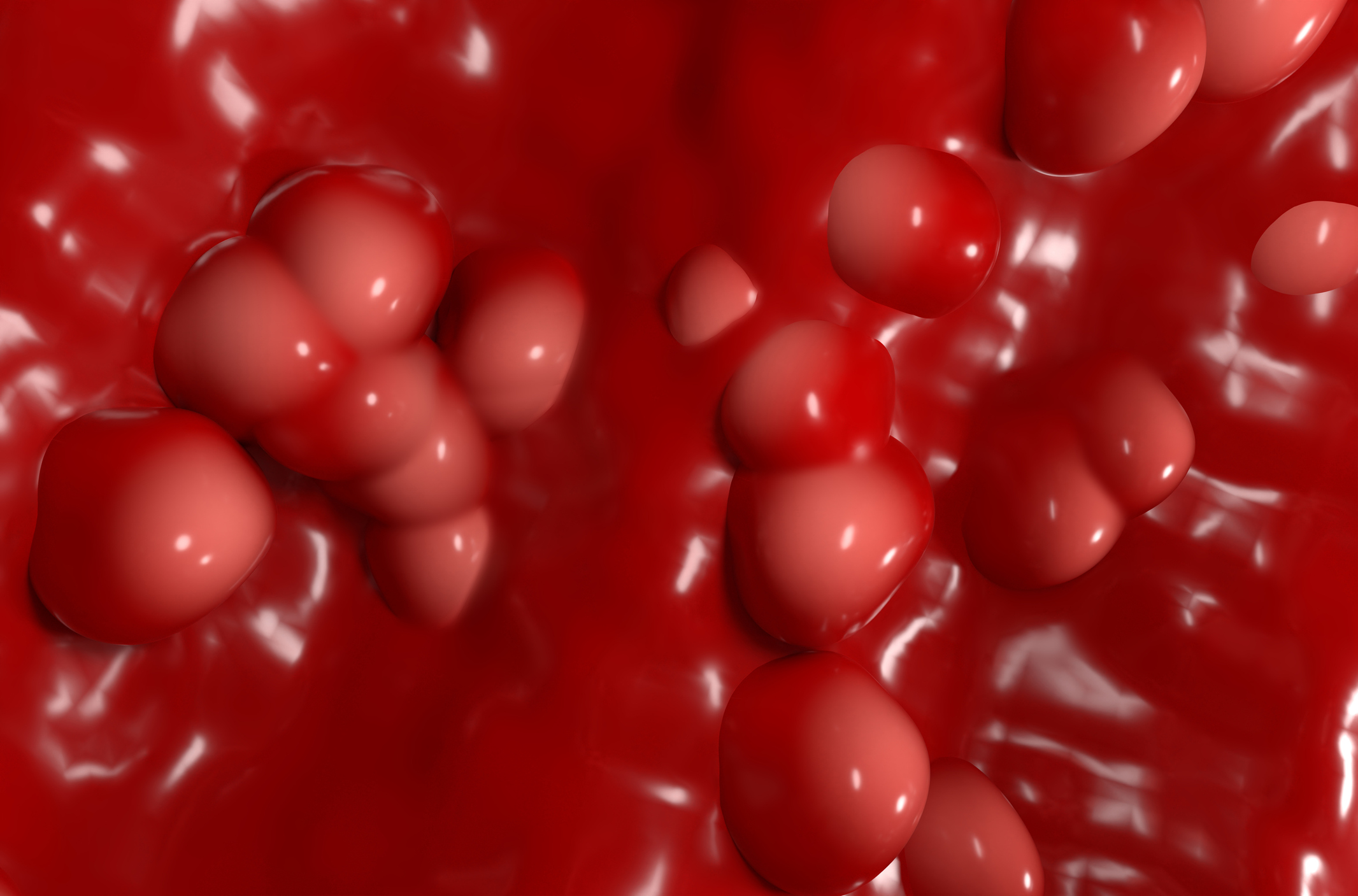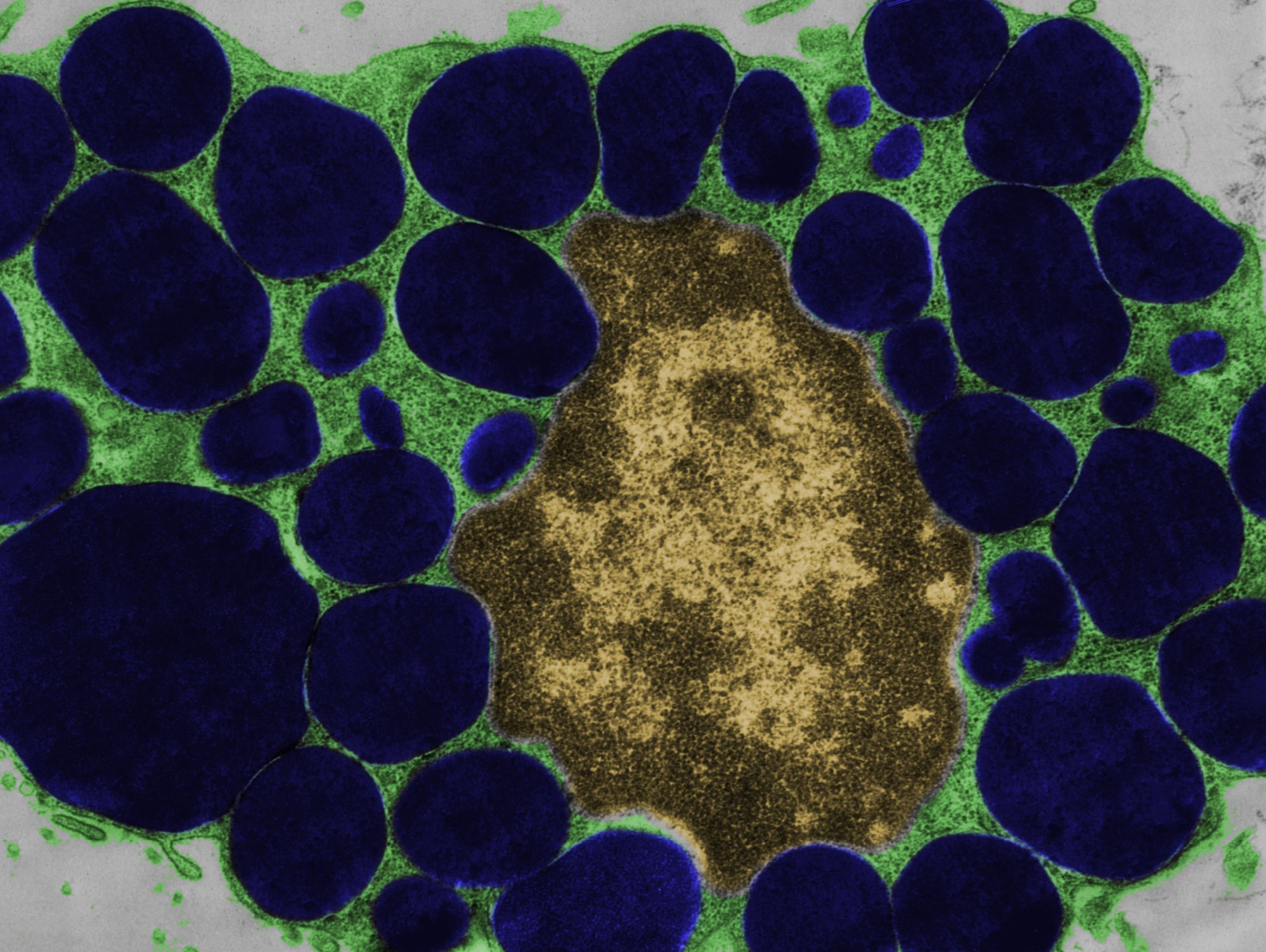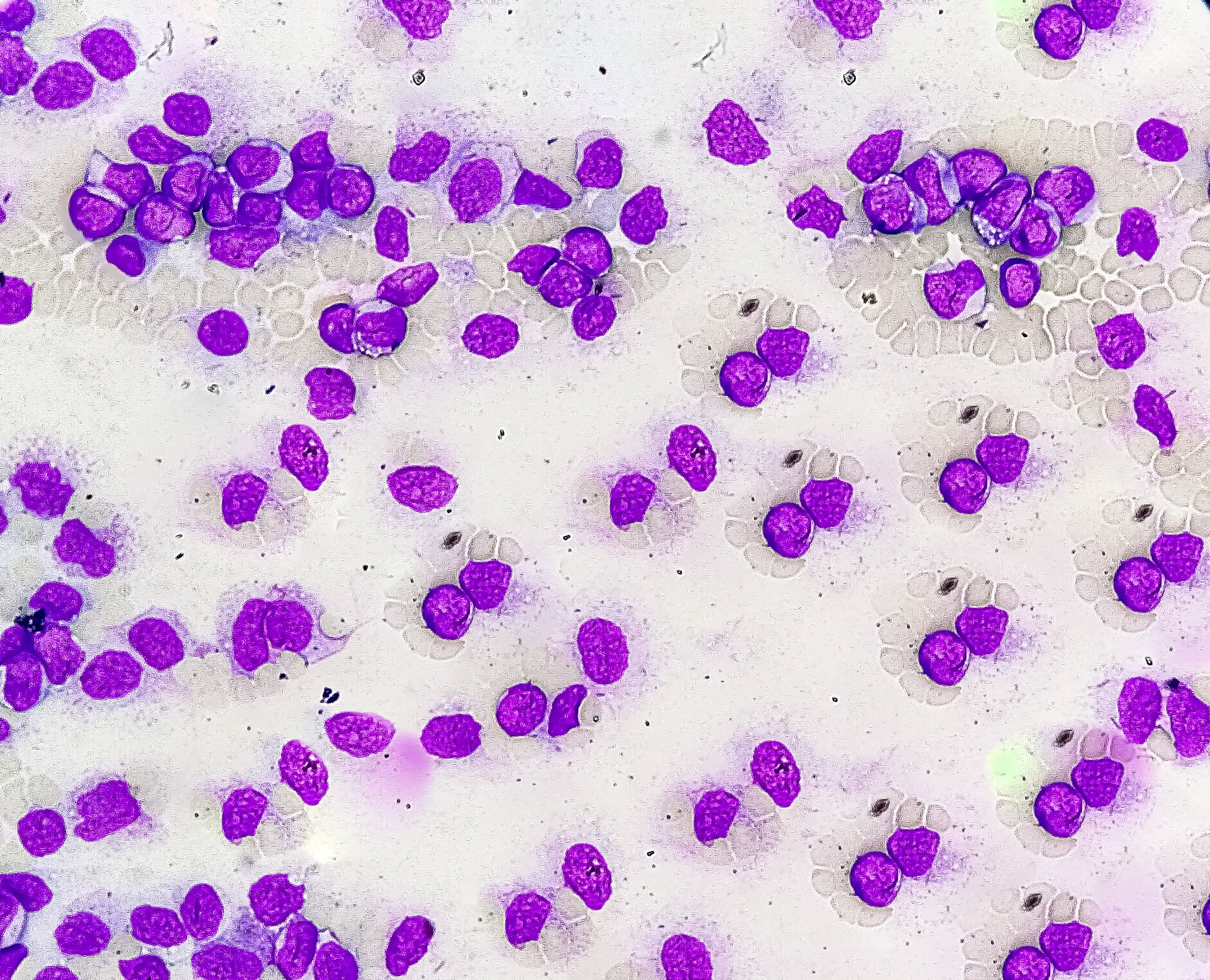Several new diabetes drugs have come on the market in recent months. It is becoming increasingly difficult for primary care providers to maintain an overview in the “jungle” of diabetes preparations. At the already traditional “Diabetes Day” held in Bern, renowned diabetes experts from Switzerland explained how the new preparations work and what benefits they can offer patients. We report on a lecture by Prof. Roger Lehmann, MD, University Hospital Zurich.
The speaker first turned his attention to basal insulins. A major problem with these insulins is the increased risk of hypoglycemia. For this reason, new developments are required to have less day-to-day variability in blood glucose and no hypoglycemia. A new preparation is insulin degludec (Tresiba®): With this insulin, di-hexamers form to form long insulin chains from which the monomers are slowly released. Accumulation of Insulin Degludec is not possible because the import and export system is in “steady state” after a few days. Another new product is insulin glargine 300 (Toujeo®): In this insulin, the precipitates are much smaller – only a third of the volume – than in insulin glargine 100 (Lantus®). This delays the release of insulin and results in a more stable effect (flatter glucose profile).
Simpler therapy regimen – better adherence
The new preparations have the important advantage of reducing the complexity of the therapeutic regimen. “This can improve patients’ quality of life and also reduce costs,” Lehmann said. “Because with insulin treatment, the more complex the therapy regimen, the lower the adherence!” Many patients inject at the wrong time, an incorrect dose (especially if they are afraid of hypoglycemia), or occasionally skip a dose, for example, when they have an unplanned sleepover or eat out. Studies show that in the 30 days prior to the interview, 22% of diabetics interviewed had missed an insulin dose. This has consequences: “If a diabetic forgets an injection twice a week, the HbA1c increases by 0.2%. This causes higher health care costs,” the speaker explained. With 100 percent adherence, drug costs increase, but overall medical costs decrease.
An important therapeutic goal: fewer hypoglycemias
There are various reasons for high fluctuations of daily blood glucose in individual patients, for example, type of administration, product characteristics, but also characteristics of the person. High blood glucose variability is poorly indicated by HbA1c but causes microvascular and macrovascular complications. In addition, hypoglycemia occurs more frequently with large fluctuations in blood glucose. Studies have shown that type 2 diabetics spend an average of about 4% of their time in hypoglycemia, which is still about an hour per day. These hypoglycemias have a strong impact, including on the productivity of the affected person and the psychosocial burden on the patient and family. However, the risk of hypoglycemia decreases if the patient uses a stable insulin. “That’s why I no longer prescribe NPH insulins,” the speaker said.
The EDITION study evaluated how insulin glargine 300 (Gla-300, Toujeo®) compares to insulin glargine 100 (Gla-100, Lantus®) in terms of efficacy and hypoglycemia in type 2 diabetic patients [1]. Glucose control was equally good with both treatment regimens, but significantly fewer nocturnal hypoglycemias occurred with Gla-300 during the six-month treatment period (36 vs. 46% with Gla-100; RR 0.79 [95%-KI 0,67–0,93]; p<0.005). This effect was seen in the first eight weeks of treatment, a period when most dose adjustments occur. Prof. Lehmann judged this to be a major advance in diabetes therapy: “The improvement with Toujeo compared to Lantus is about the same as the improvement that Lantus produced compared to the NPH insulins.”
More flexible use of the new insulins
The speaker also mentioned that the new insulins can be injected more flexibly in terms of timing without compromising the stability of glucose control – another important point to increase patient adherence. His conclusion on the new insulins:
- Glucose variability is lower and hypoglycemia occurs less frequently.
- The application can be more flexible, which results in better adherence.
- The price of the preparations is high, but in return patients have to measure their blood glucose less frequently and there are fewer hospitalizations as a result of derailed diabetes.
Source: 6th Diabetes Day, May 7, 2015, Bern
Literature:
- Riddle M, et al: New Insulin Glargine 300 Units/mL Versus Glargine 100 Units/mL in People With Type 2 Diabetes Using Basal and Mealtime Insulin: Glucose Control and Hypoglycemia in a 6-Month Randomized Controlled Trial (EDITION 1). Diabetes Care October 2014; 37(10): 2755-2762.
CARDIOVASC 2015; 14(5): 22-24











